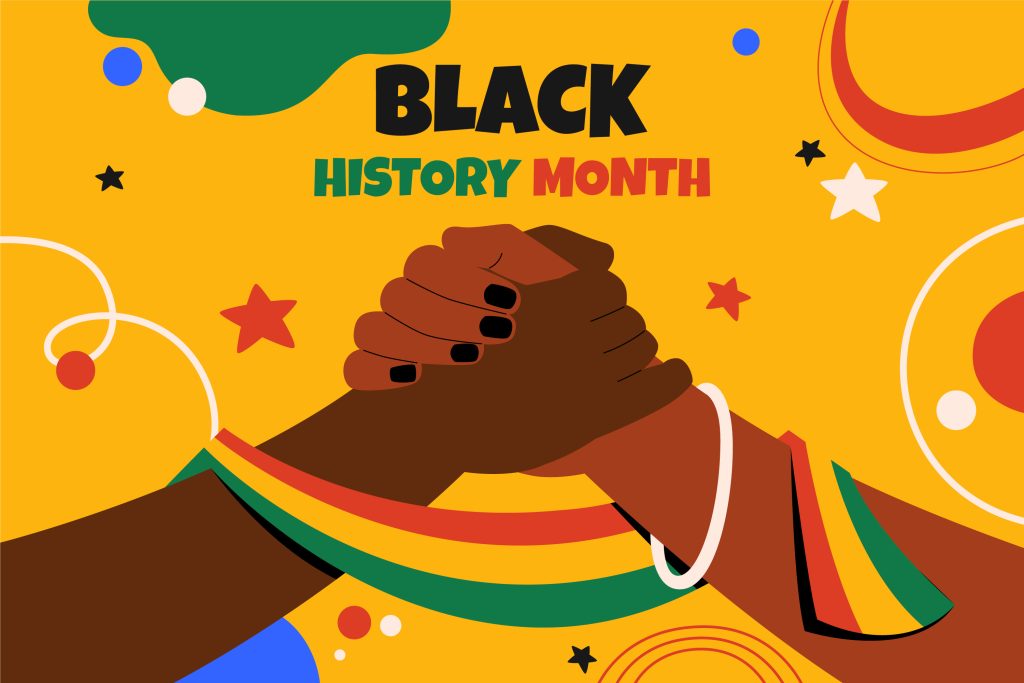Holidays
Black History Month 2024: A Comprehensive Guide
February marks the beginning of Black History Month, a time dedicated to recognizing and celebrating the profound contributions of African Americans throughout history. This month-long observance not only serves as a reminder of the struggles and triumphs of the black community but also as an opportunity to educate, uplift, and promote understanding and unity. In this blog post, we’ll explore the significance of Black History Month and delve into the rich tapestry of achievements, culture, and resilience that define the African American experience.
The Origins of Black History Month
Black History Month, also known as African American History Month, has its roots in the pioneering work of Dr. Carter G. Woodson, an African American historian and scholar. Dr. Woodson, often referred to as the “Father of Black History,” initiated the celebration in 1926 as “Negro History Week” to coincide with the birthdays of Abraham Lincoln and Frederick Douglass. The goal was to highlight the often-overlooked accomplishments and contributions of black Americans to the nation’s history and culture.
In 1976, the observance was expanded to a month-long celebration, officially becoming Black History Month. Since then, it has served as an annual opportunity to acknowledge the central role of African Americans in shaping the cultural, social, economic, and political landscape of the United States.
Themes and Commemorations
Each year, Black History Month is celebrated with a specific theme that reflects current issues, achievements, or historical milestones. Themes often encompass a wide range of topics, from highlighting the achievements of notable figures to exploring critical issues affecting the black community. These themes provide a framework for educational programs, events, and discussions that take place throughout the month.
In 2024, Black History Month takes on a vibrant and creative theme, inviting individuals to delve into the profound impact African Americans have had on the world of arts and culture. The theme, “African Americans and the Arts,” serves as a lens through which we can appreciate the immense contributions of the black community to visual and performing arts, literature, fashion, folklore, language, film, music, architecture, culinary arts, and various other forms of cultural expression.
Notable Individuals
Martin Luther King Jr., the iconic civil rights leader, stands as a symbol of peaceful resistance, advocating for equality and justice through his powerful words and actions. Rosa Parks, known as the “mother of the civil rights movement,” made history by refusing to give up her seat on a bus, igniting a wave of activism. Malcolm X, a charismatic and influential figure, played a crucial role in the civil rights movement, challenging societal norms and advocating for self-determination and empowerment within the black community, etc.
These remarkable individuals, along with countless others, navigated a landscape of adversity with unyielding strength. Their legacies transcend time, offering invaluable lessons in resilience, leadership, and the power of collective action. Black History Month invites us to delve into their lives, celebrating not only their achievements but also the profound impact they continue to have on shaping a more inclusive and just world.
What Can You Do During Black History Month?
- Educate Yourself: Take the time to educate yourself about the history, achievements, and struggles of the black community. Read books, watch documentaries, and explore online resources to gain a deeper understanding of the diverse experiences within the African American community.
- Attend Events and Workshops: Look for local events, workshops, and seminars related to Black History Month. Many communities organize lectures, panel discussions, and cultural events to celebrate and educate.
- Volunteer for Community Initiatives: Get involved in community initiatives that focus on education, mentorship, and social justice. Volunteer your time and skills to support organizations working towards positive change in the black community.
- Watch Films and Documentaries: Expand your perspective by watching films and documentaries that highlight the experiences and contributions of African Americans. Documentaries like “13th,” “I Am Not Your Negro,” and movies such as “Hidden Figures” and “Selma” provide valuable insights into black history.
- Support Social Justice Causes: Take action on social justice issues by supporting organizations that work towards equality, justice, and civil rights. Whether through donations, volunteering, or raising awareness, your involvement can contribute to positive change.
Conclusion
Black History Month is a reminder that history is dynamic, complex, and multifaceted. It encourages us to challenge existing narratives, explore untold stories, and appreciate the resilience and achievements of the black community throughout history. By actively participating in the commemoration of Black History Month, we contribute to a collective effort to build a more equitable and understanding society.






